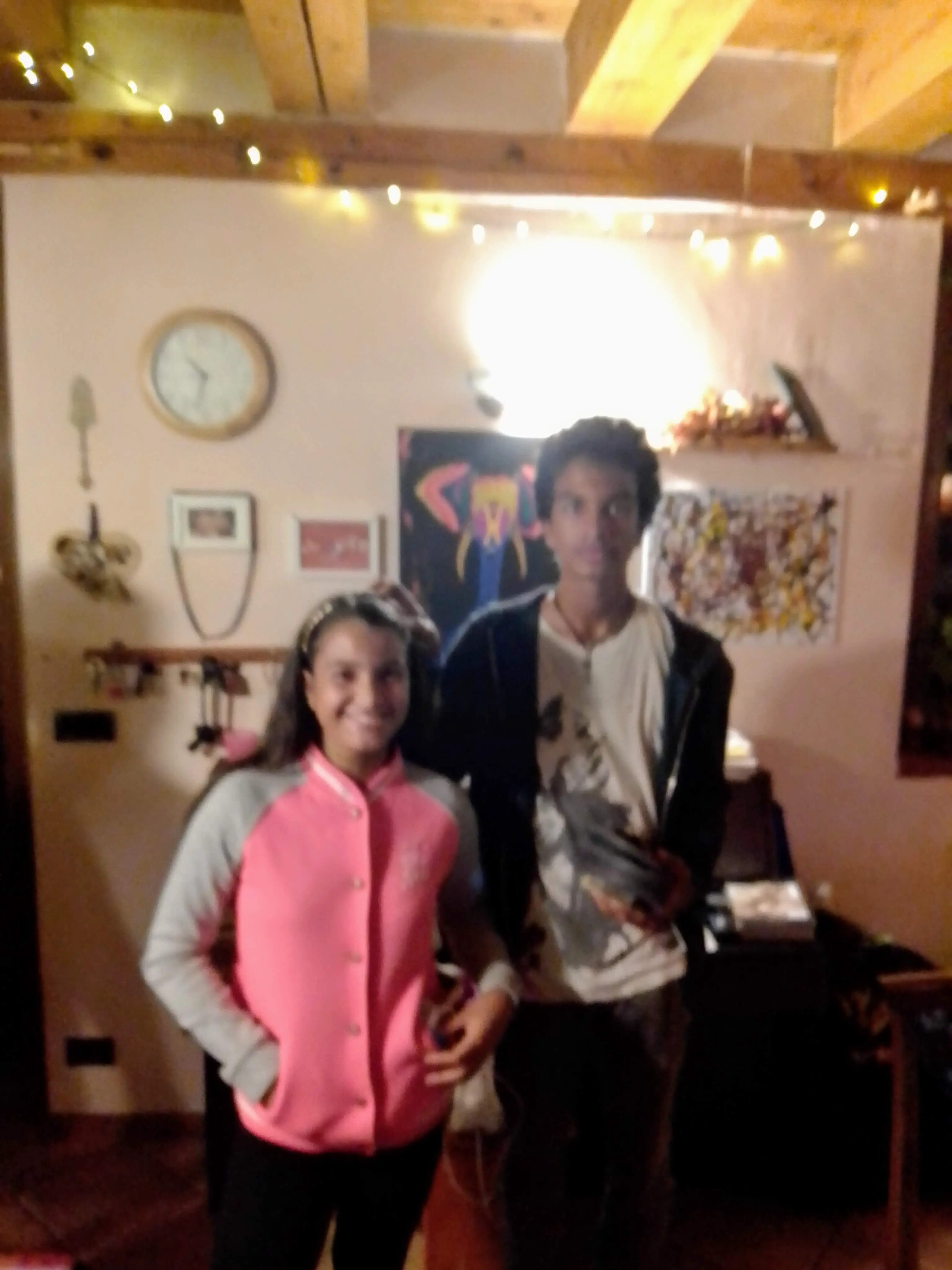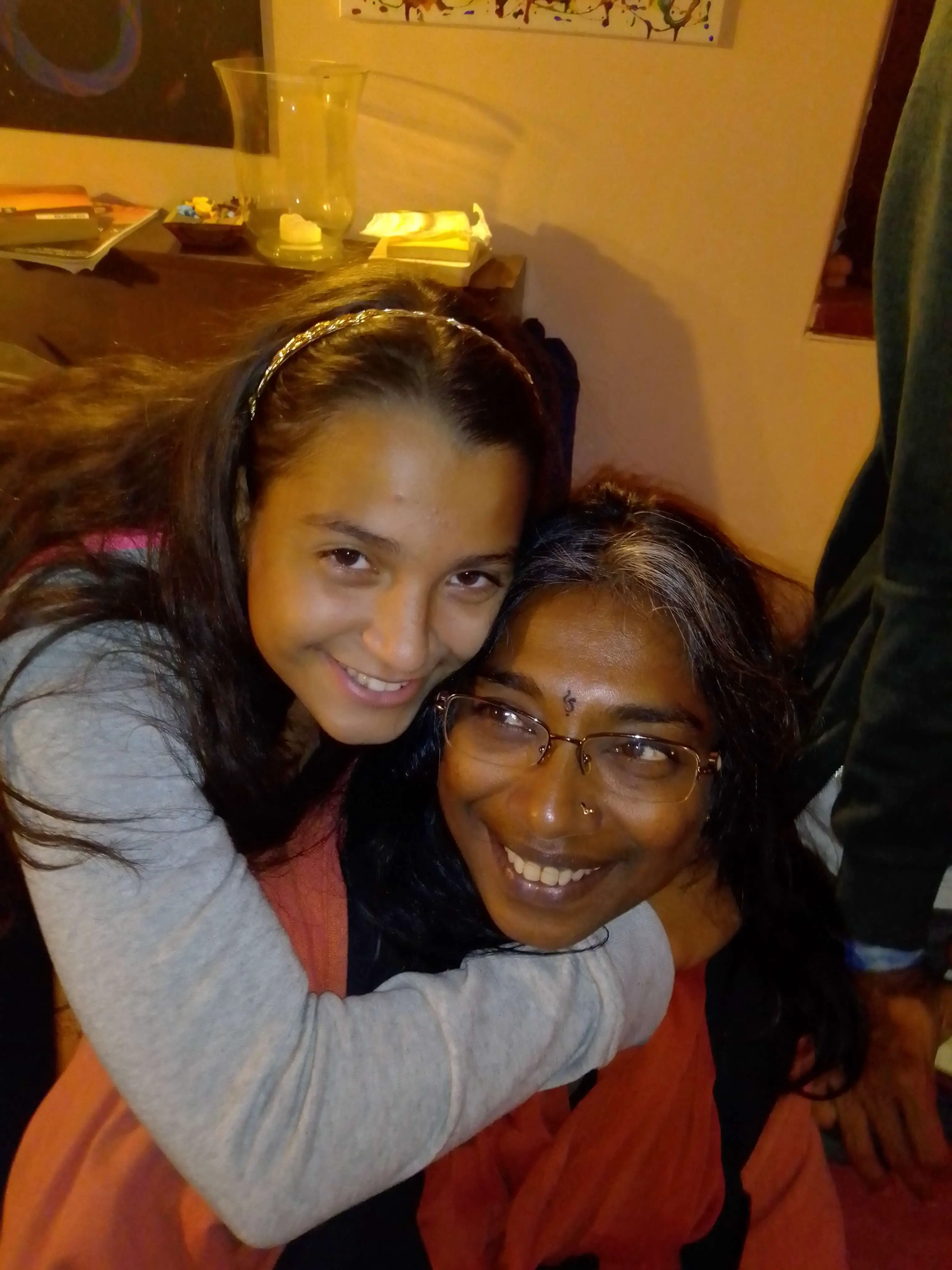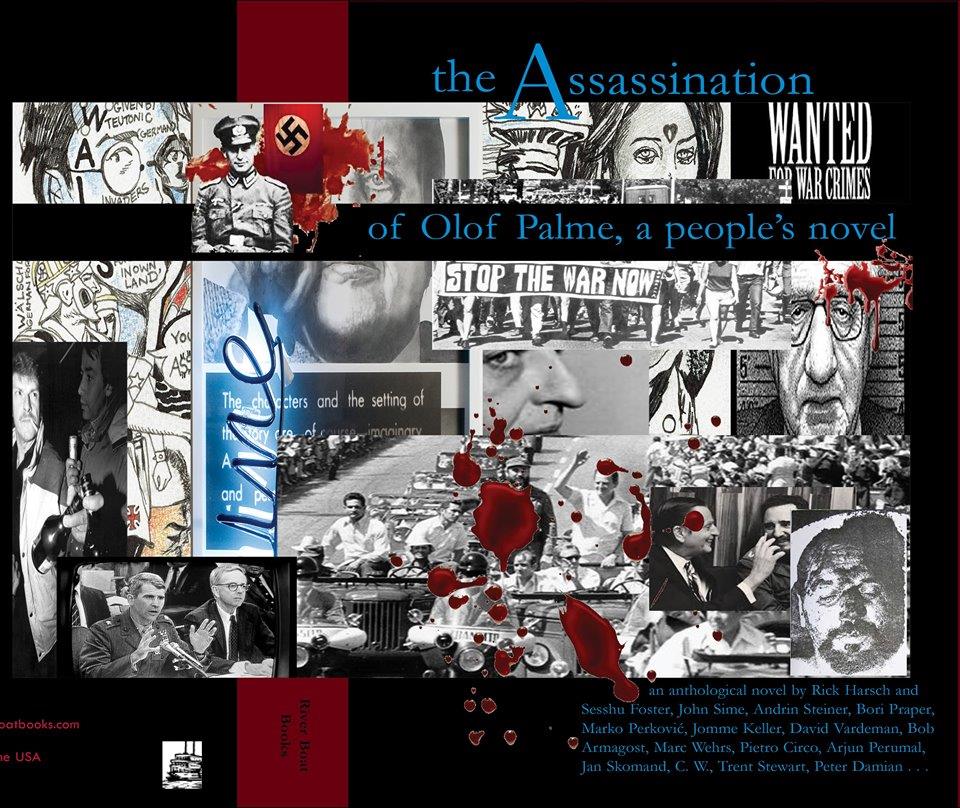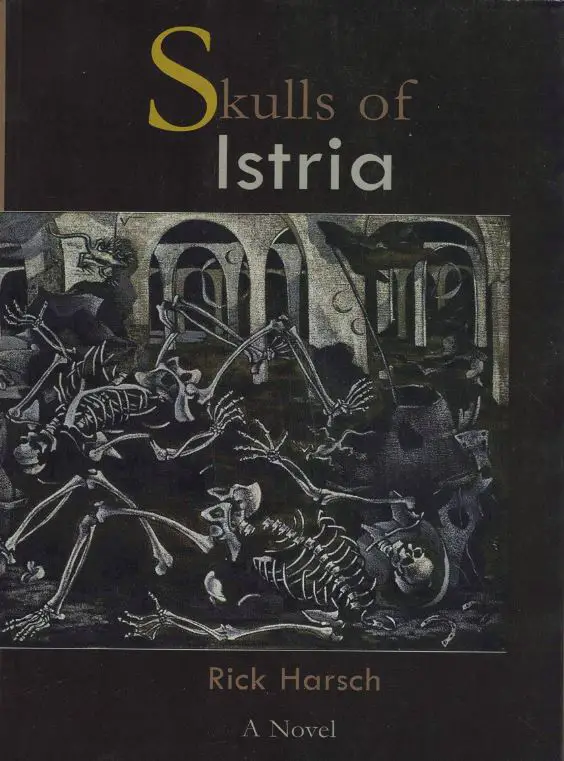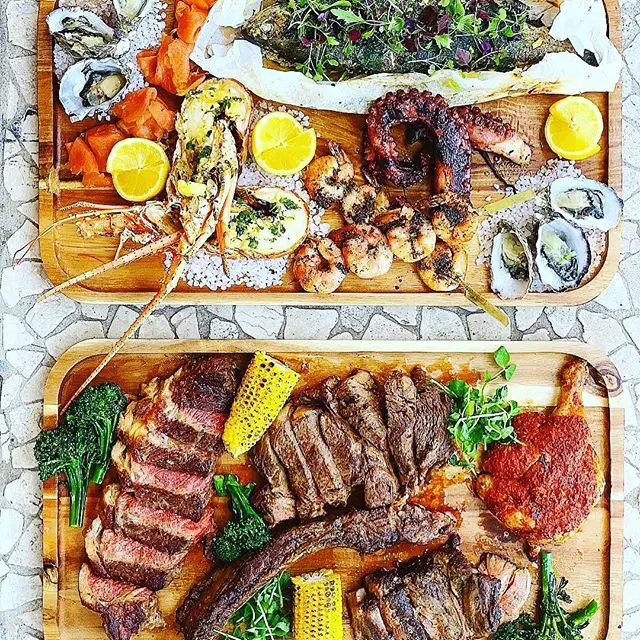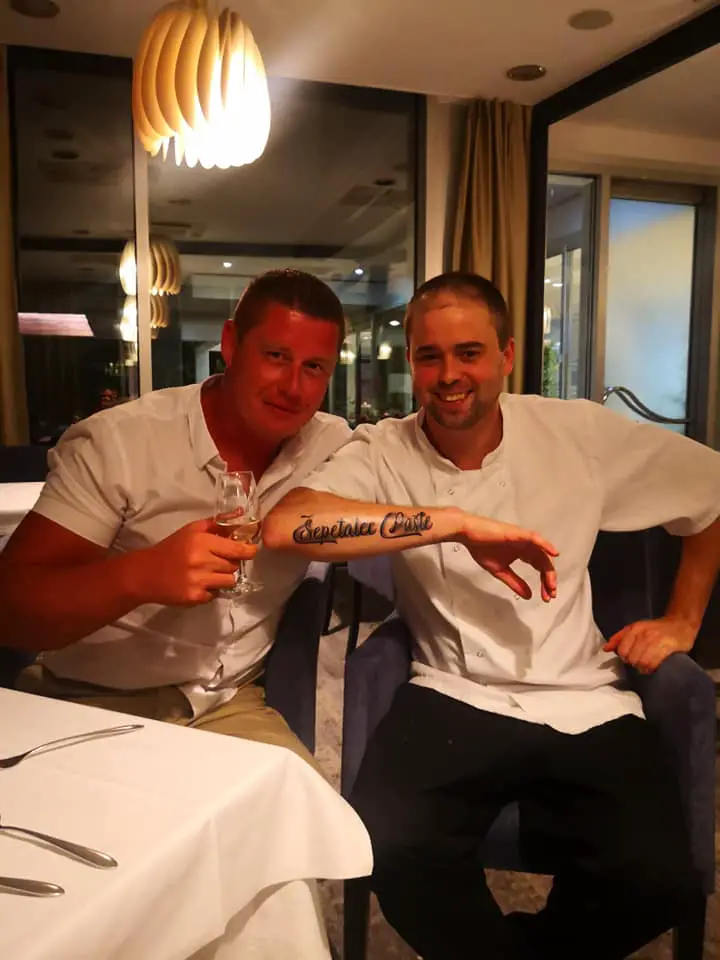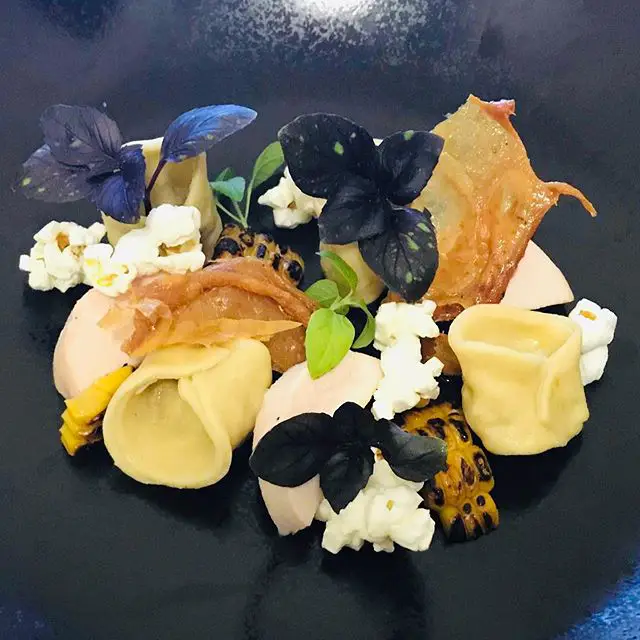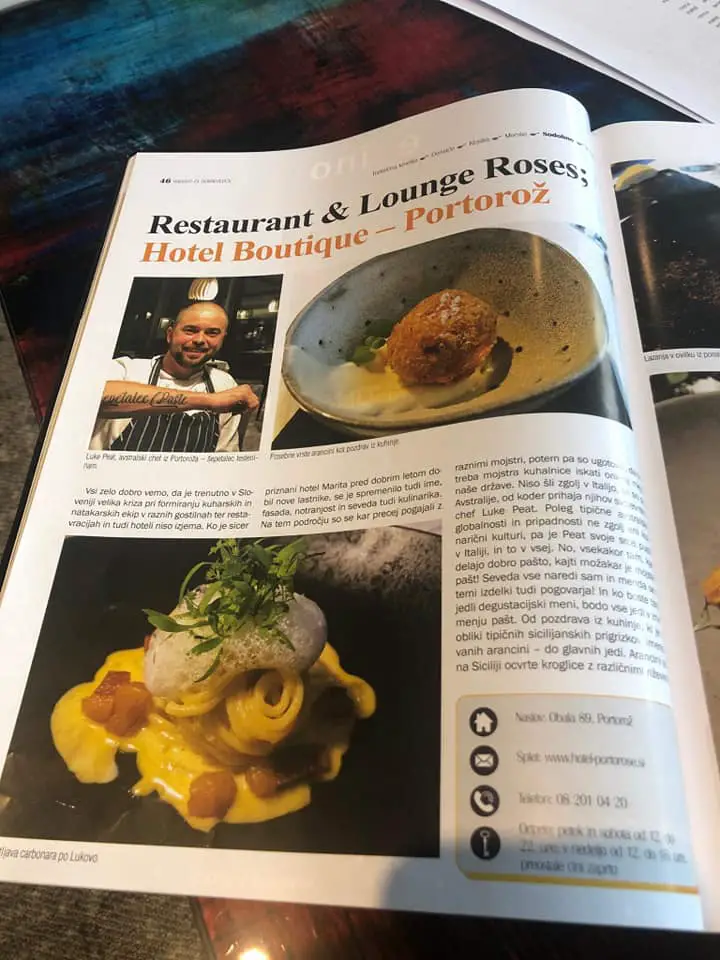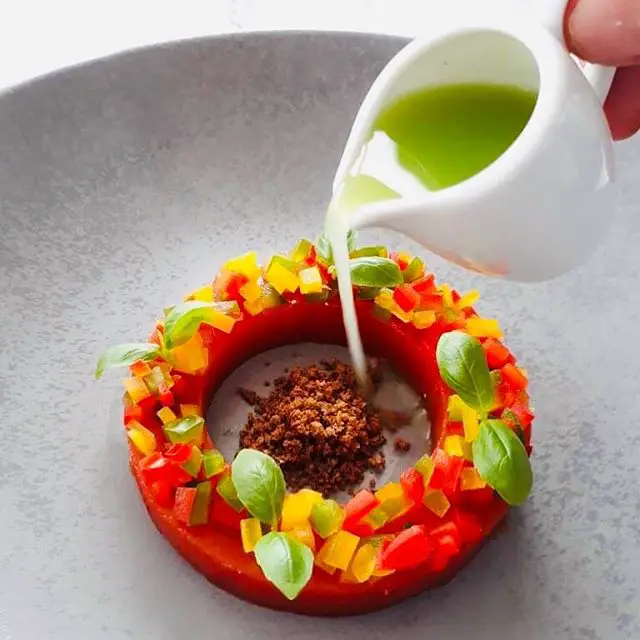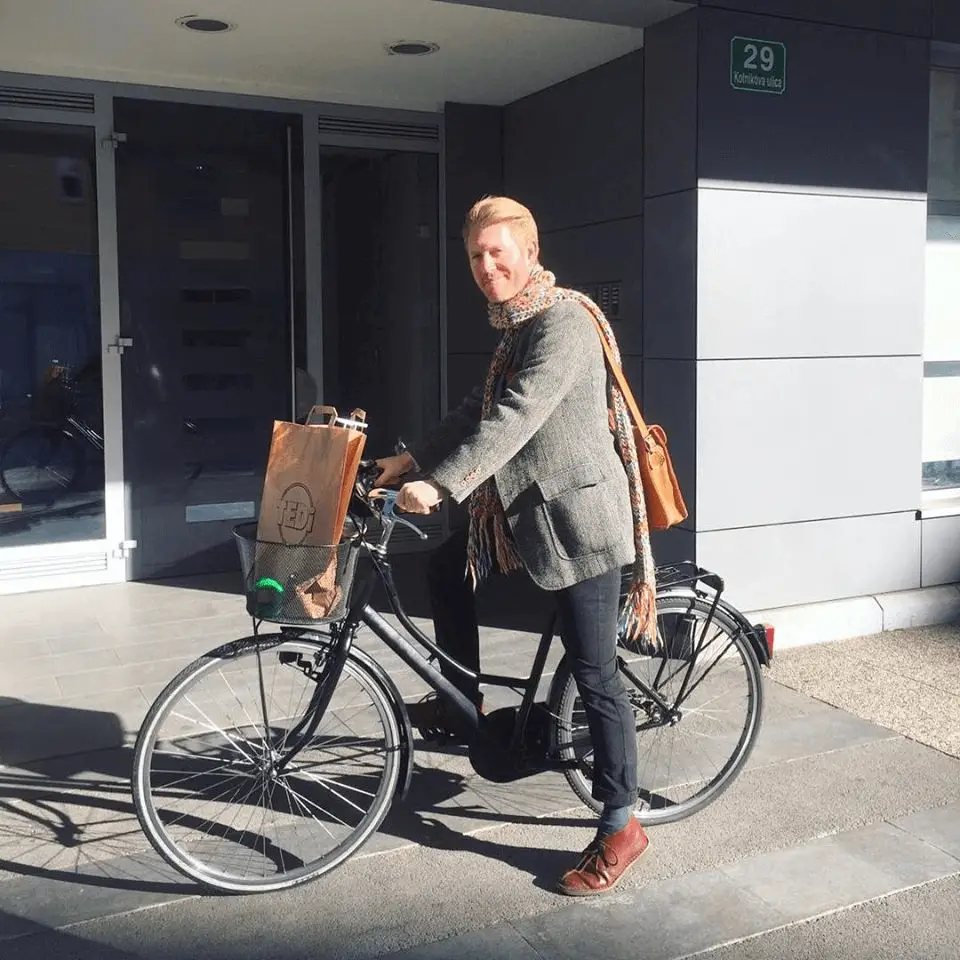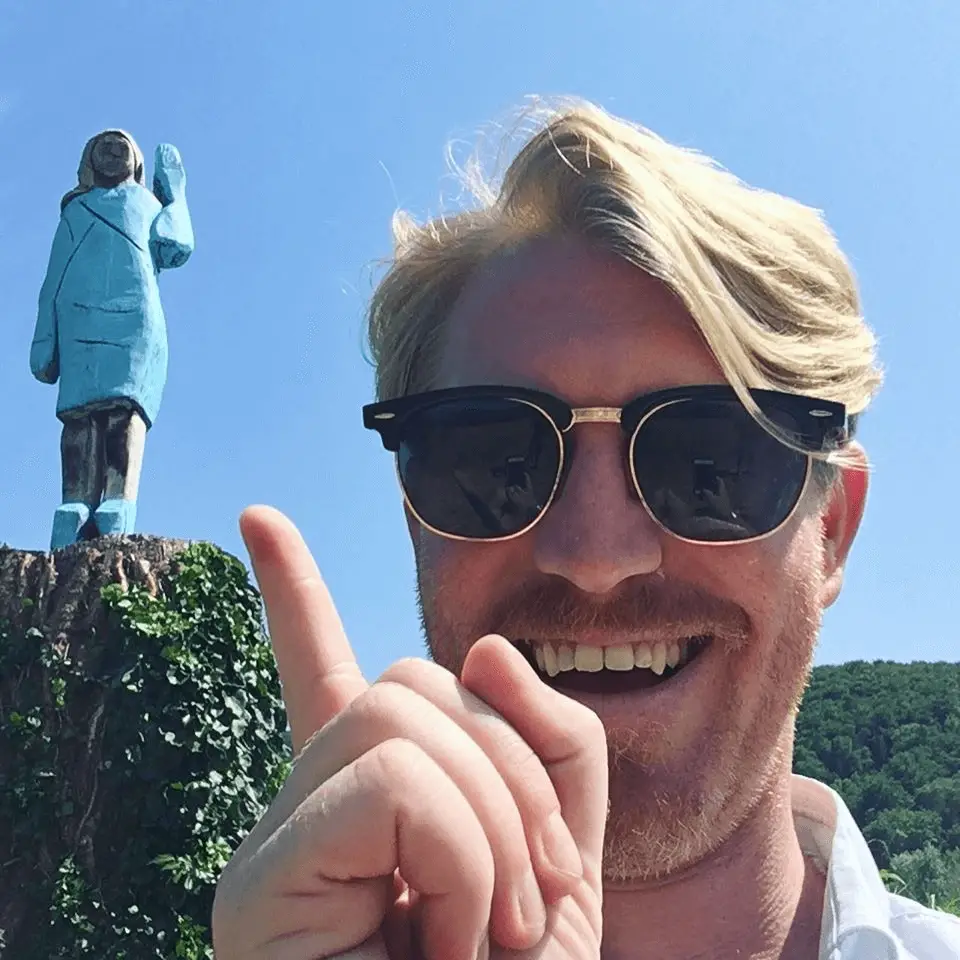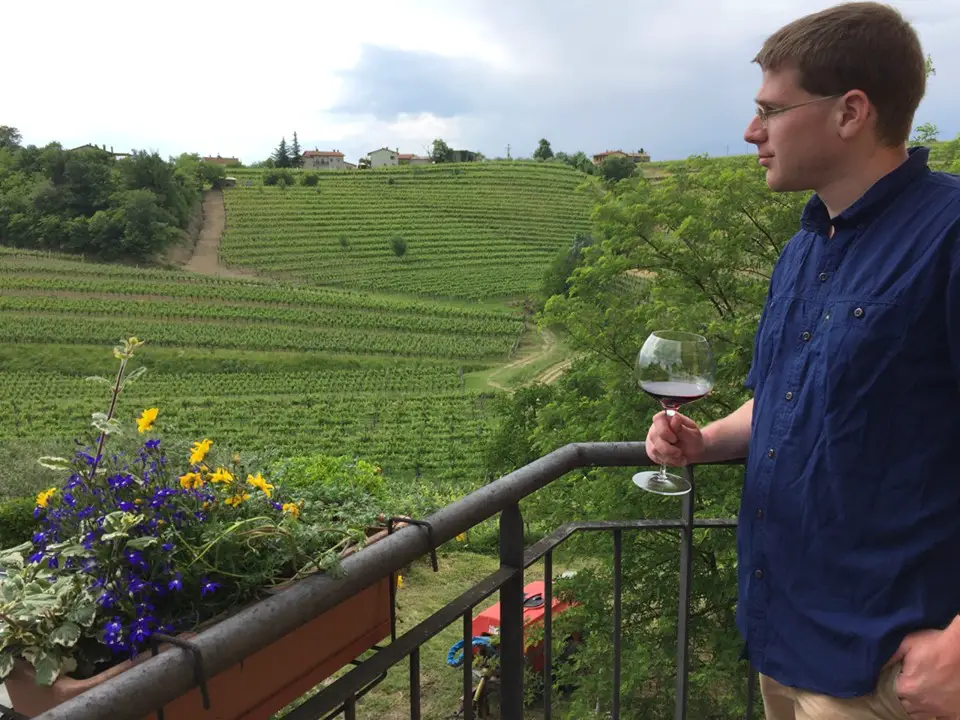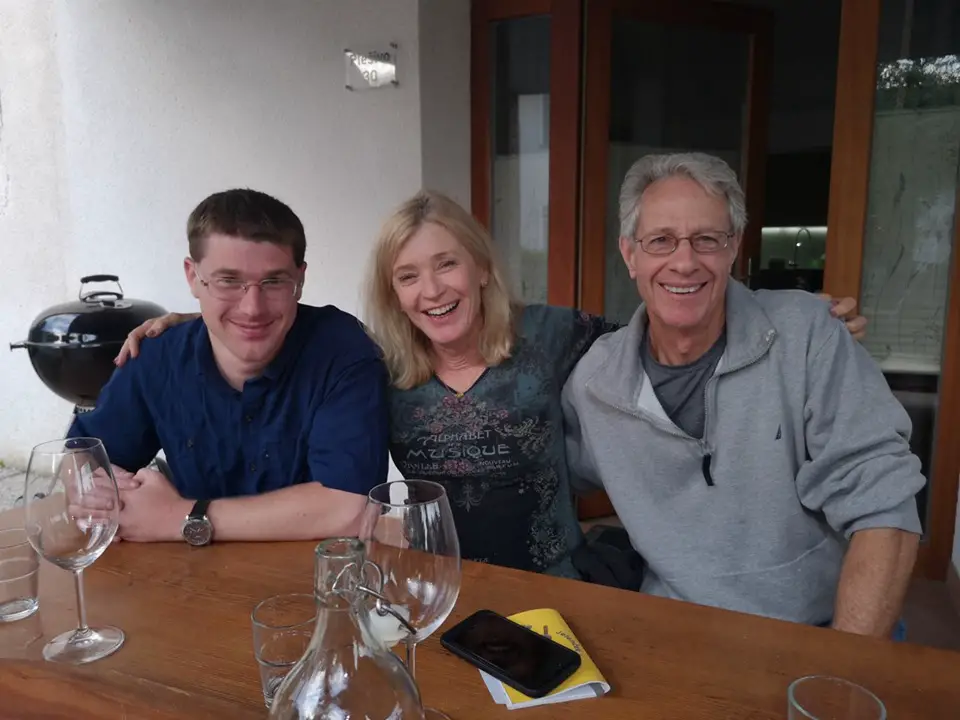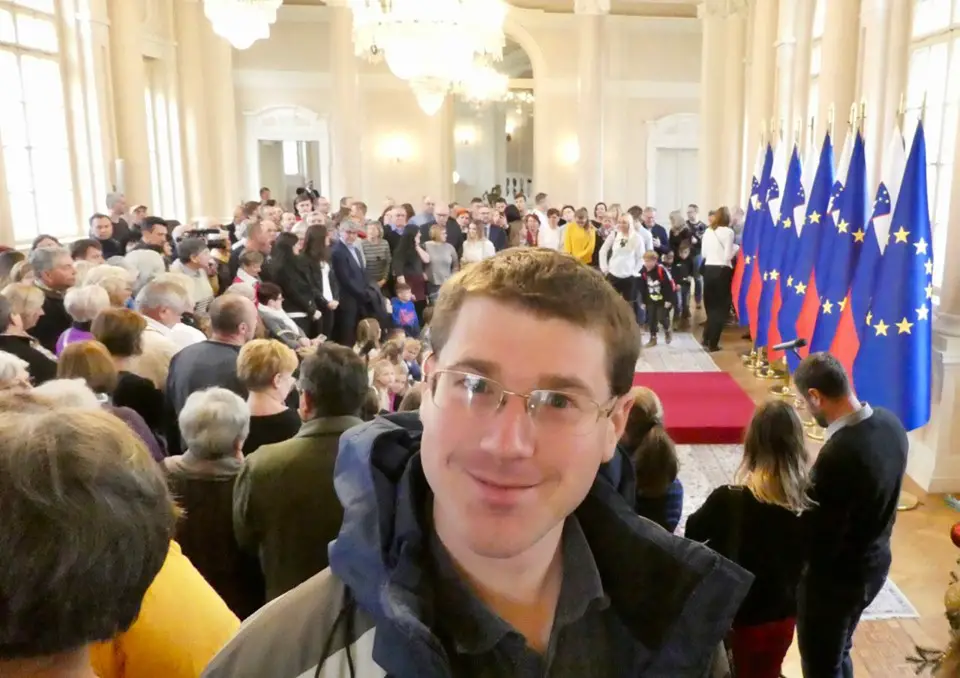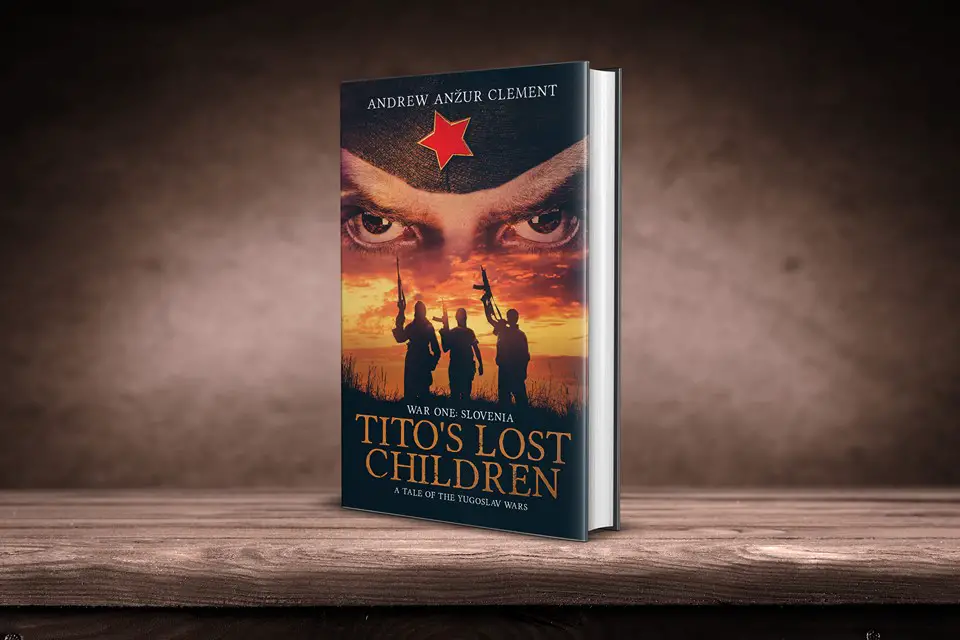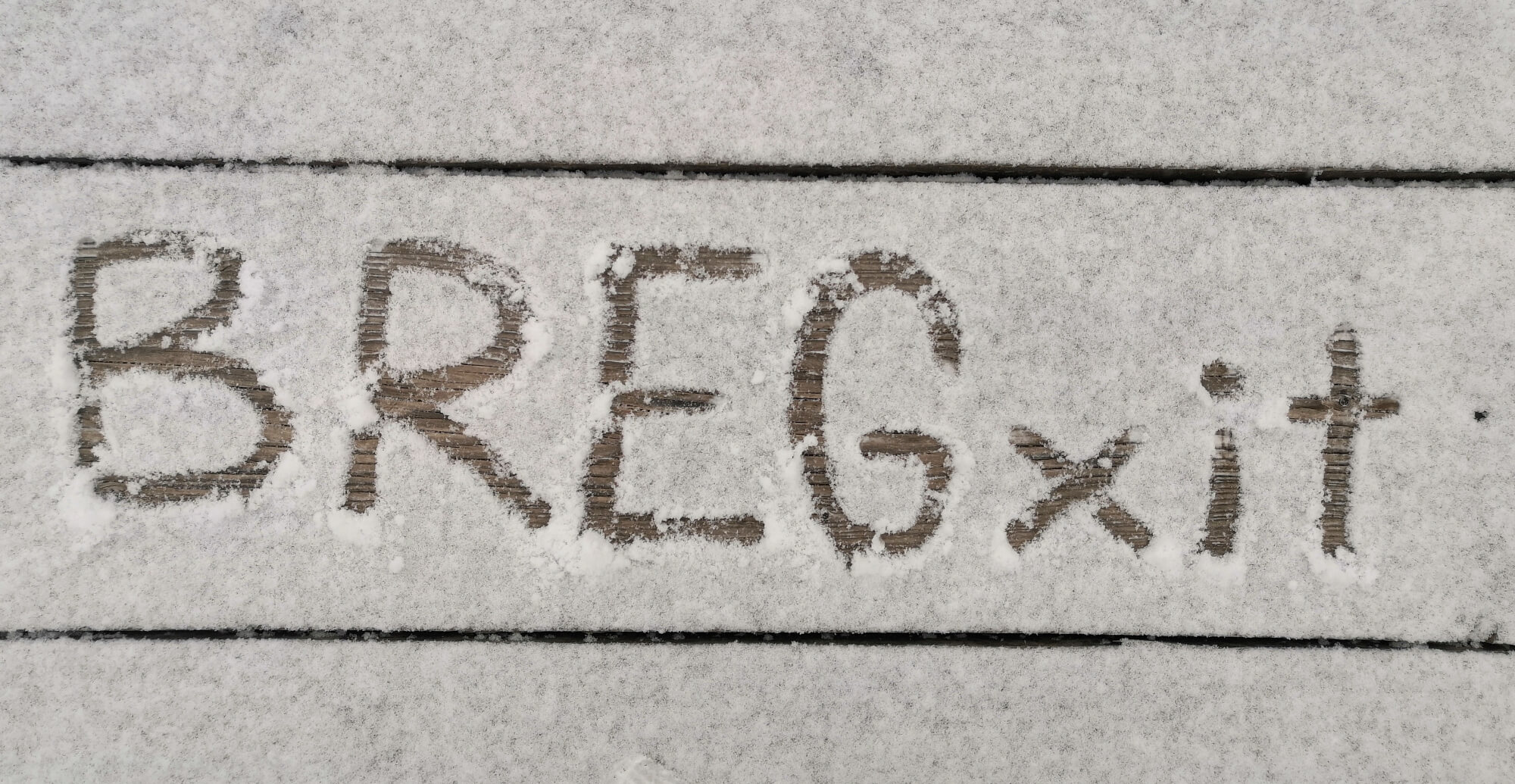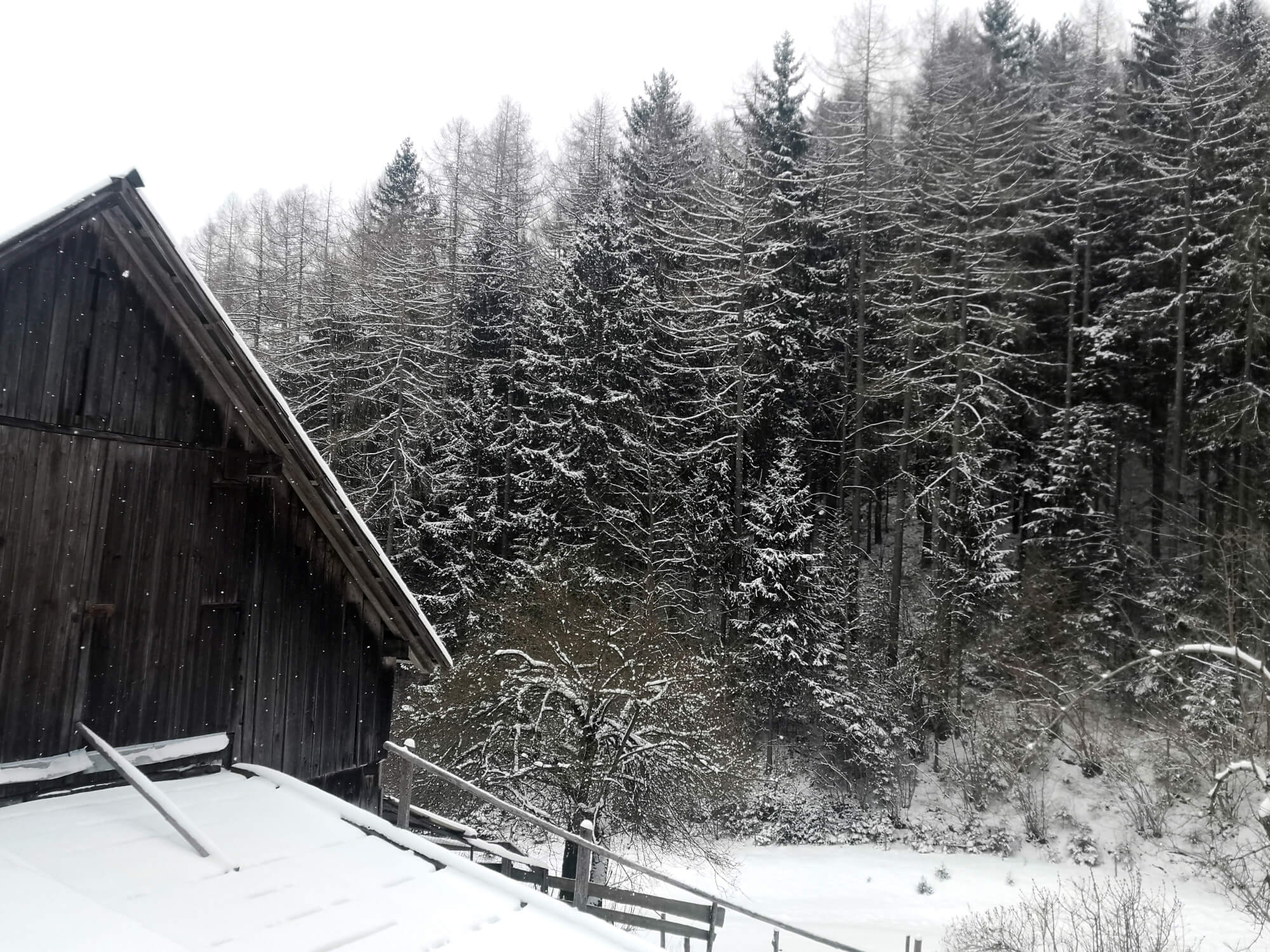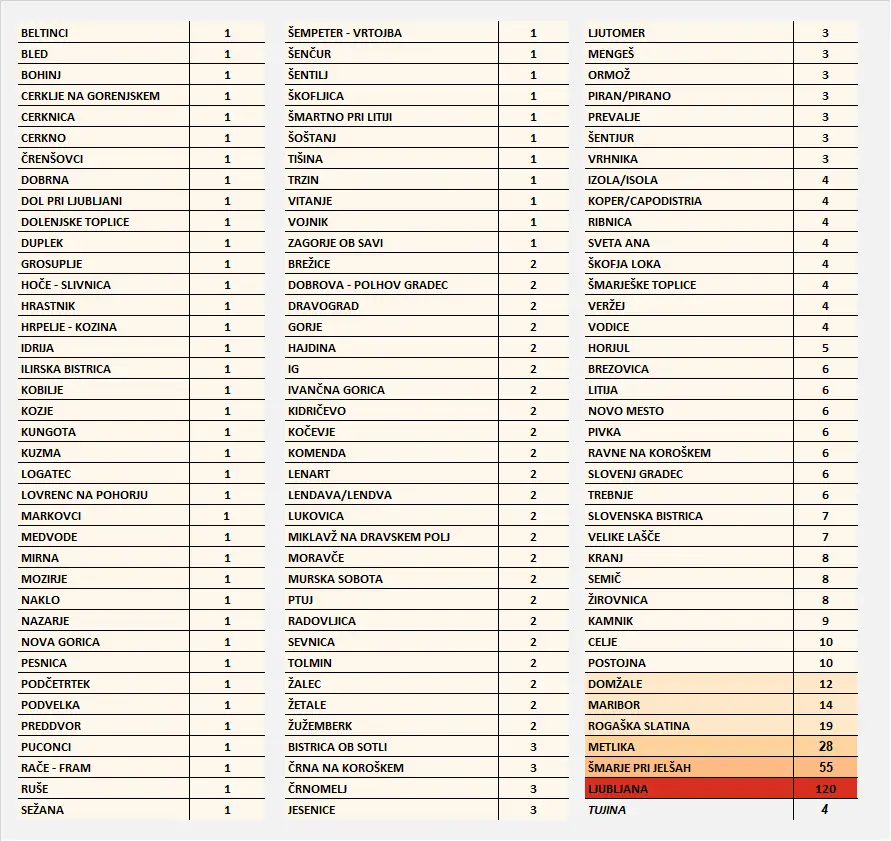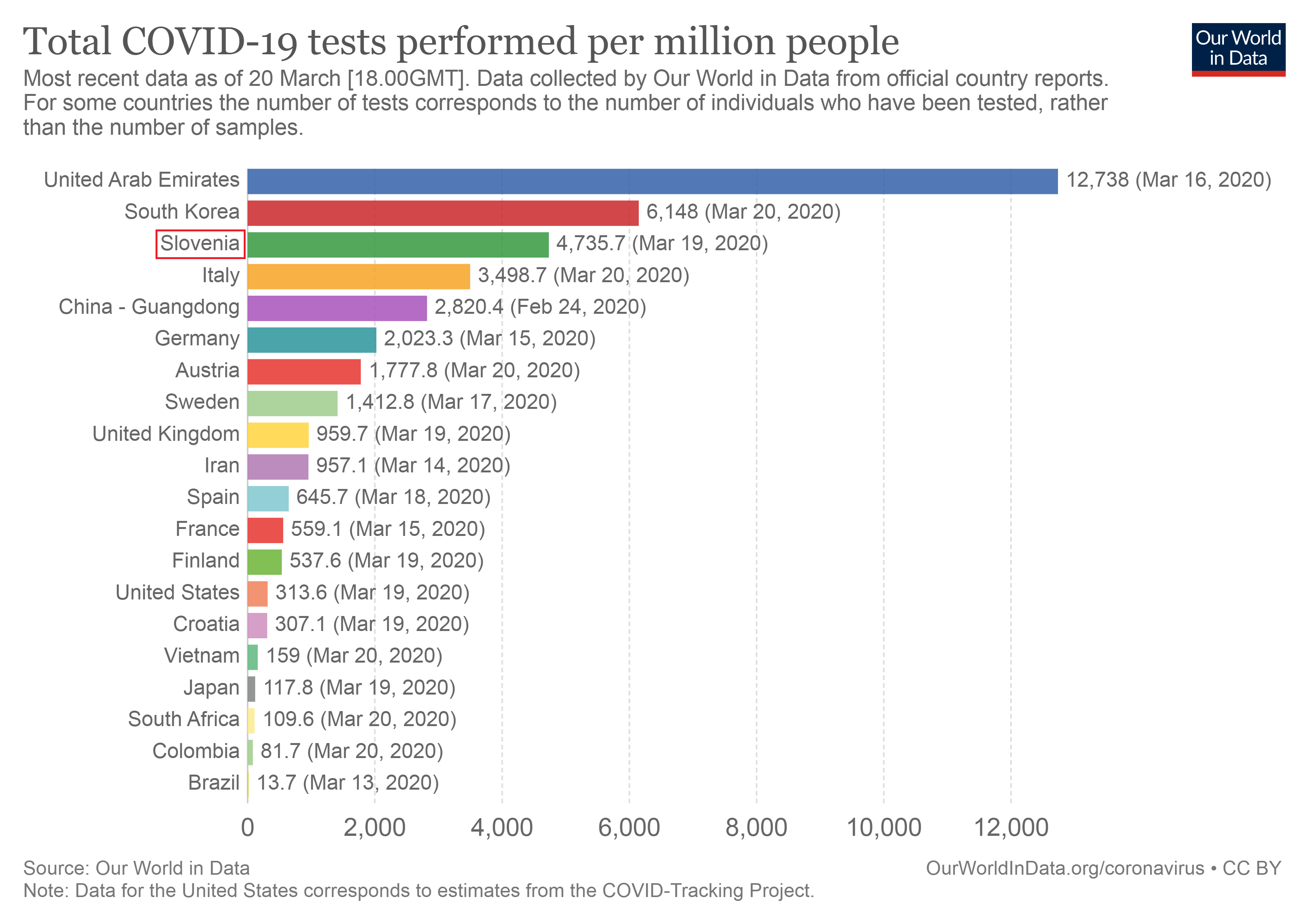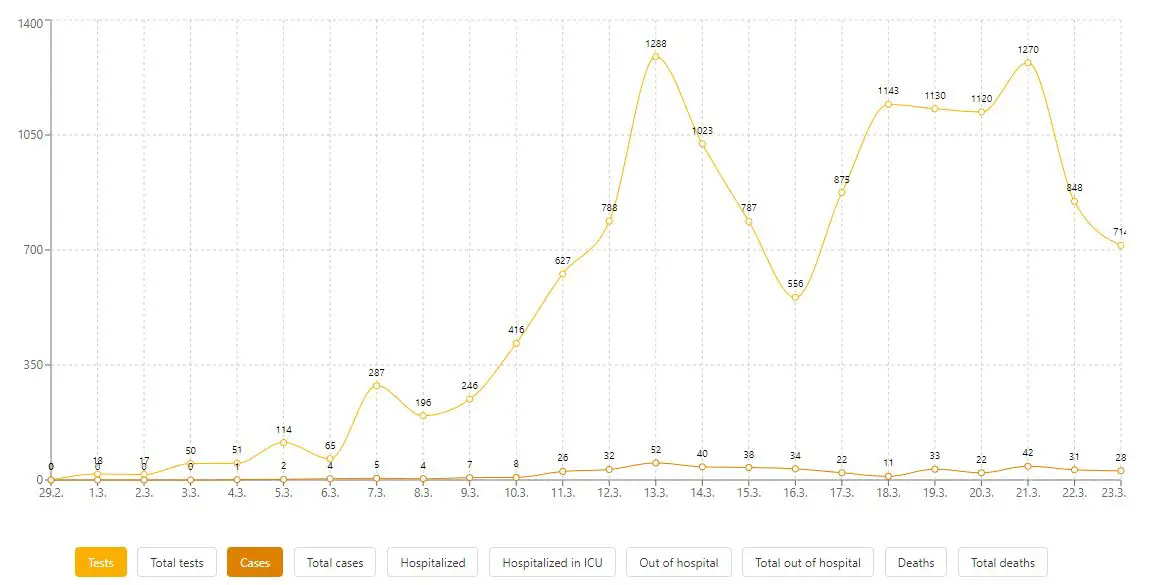Four weeks ago, I was prancing around Istanbul, wining and dining, merrily catching up with old friends and students – and mercifully, getting my haircut by my favourite hairdresser. Invitations flew back and forth, and promises to visit Ljubljana in spring and summer ensued.
I returned joyously to the clean air and green of Ljubljana, and settled down to fine tuning my first English Immersion Experience, an English course, scheduled for the 20th March. We had optimum numbers and it was all systems go .
Then a friend working in China emailed to say she couldn’t come skiing, she was in compulsory quarantine and couldn’t leave China, because of a virus. I was disappointed, but put it down to Chinese politics, and decided to go skiing to Italy after the course.
Then a week later, on Monday, a FB friend in Trieste started writing posts on FB which read like something out of Camus’ Plague, and I investigated The Virus a bit further. It wasn’t deadly, and it was restricted to Northern Italy, so I continued at my usual hectic pace, unconcerned. Then on Thursday, we got our first cancellation for the course, and by Thursday afternoon I had got notice that all my corporate classes would be postponed until the rather ominous sounding- further notice. Schools were shutting, and companies were instigating a working from home policy. I was left with no option but to postpone our course – a double whammy for a self-employed (SP) teacher!
The next day, I leapt out of bed at 7am and whilst hurriedly performing my ablutions, I suddenly remembered that all classes were cancelled. My blood pressure plummeted and I passed clean out, whacking my head on the bathroom tiles. I came to, dazed, with a throbbing and bleeding head and a strong sense of pending doom. I was in Phase 1 – Shock.
I passed rapidly from shock, into Denial, phase 2, mounted my trusty bike, and pedalled furiously into town, where it was quiet but shops were still open. Foolishly I didn’t stock up on my favourite chilli coffee and Japanese tea – in fact, I didn’t shop at all, but stopped off at various coffee shops along the river and tried to absorb the implications of what was unfolding around me. That night I met a friend in the pub, and we lamented our losses, but decided it would only be for a week or two and started planning summer holidays.
The weekend was eerily quiet, and I cycled out into the country, stopping by at Levada for a late lunch. Halfway through my mushroom risotto, they politely asked me to eat up and pay up, they were closing early, and I was the only customer. They would be shut until further notice.
As I was preparing to leave, my friend from London called to say how much she was looking forward to coming on the 1st of April. I explained what was happening, and that it looked like everywhere would be shut. She hesitated with disbelief, and then announced she would come anyway. We could cycle and hike, and she would cook.
Meanwhile, the increasingly gloomy Facebook posts from Italy continued, and my old schoolfriend from Spain rang to say that she had bought the last cans of disinfectant from the village shop, and had spent the day disinfecting her house, while her rather portly partner had been stocking up on red wine and beer. She was panicking. He had heart problems and she wasn’t letting him loose. I tried to calm her by explaining that it wasn’t lethal, unless you had health complications, like heart problems, and that old people died from flu every year, and after all, SARS had been much more deadly. After every platitude, her voice grew shriller, and I could feel the terror in her voice. I realised that my platitudes were having the opposite effect, thanked my lucky stars that we weren’t in lockdown, and hung up before we both fell out.
Back home, my landlady informed me of the latest restrictions, that on Monday public transport would cease, and only food shops and pharmacies would be open. She didn’t think it would really affect her and her husband at all. Seeking sanity from London friends, I called them with my woes. They responded with tales of going to the West End, playing tennis, and socialising as normal, and my actor friend informed me that his show would go on – and he expected me there on the 4th April!
On Monday, I woke early, it was eerily quiet, not even the usual birdsong. As I lay in bed calculating my losses, as by now almost all my Slovenian students had ‘postponed’, my denial moved on to the next stage in the cycle, Anger.
My anger increased exponentially as more and more draconian restrictions were imposed, fertilized by the misinformation and meaningless statistics being spewed over social media and the gutter press. Facebook abounded with fear-induced threads which spread the panic faster than the virus.
I was also angry at the rapidity with which my once carefree and full life had been so abruptly curtailed, and that I was, in effect, abandoned in solitary confinement, indefinitely.
Thanks to copious phone calls from loyal friends I’m not yet lonely, but I am alone. And deep down I am a little frightened – not so much by the virus, but by my hypotension caused by the nagging anxiety about work and money, compounded by the fact I have no one to hug, pat me on the back and tell me it will all be better soon.
Meanwhile, my friend from London was still playing tennis, having dinner parties and going to the West End, but the shutting of Ljubljana airport had made her realise that Slovenia was serious, while in the UK, Boris, the tousle haired buffoon – along with most of the UK, was still in Denial stage.
All over the world, friends were going into lockdown and disbelief. My phone was getting clogged with silly videos, and ‘how are you’s?’ , and one could almost feel the fear spreading its tentacles, while the virus watched and laughed.
Then came the Detachment (not bargaining, as I am in isolation) phase, as I ceased looking at the FB posts and chain messages of amateur epidemiologists and doom-laden soothsayers, and focussed on Prince Charles and George Aligayha, the BBC presenter and erstwhile friend. They had both posted encouraging video messages of their recovery, despite Charles being 73, and George, 64, being in the middle of chemo. Back in the UK, several medic friends in the ‘front line’ in their 50s and 60s caught it, and reported mild symptoms followed by a week-long recuperation.. Flu is never pleasant, but fear undoubtedly lowers the immune system and will make it worse. Let’s have some positivity, please.
So currently in Detachment phase, made easy by my imposed solitary confinement – I am slowly getting my focus back, and have almost lost that discombobulated feeling I had in the first two weeks.
For physical sustenance, I am experimenting in cooking Jamie Oliver’s ‘quick and easy’ meals, with mixed results, and I made myself a wonderful immune booster called Firecider, a strong tasting brew comprising ginger, garlic, horseradish, turmeric, rosemary, onion and cider vinegar. After two weeks ‘resting’, it turned out looking like urine, but with a ‘kick’ that both stimulates the immune system, and also doubles up as a rather fast acting laxative. Well, mine did!
For mental sustenance, I’m stampeding through courses on www.futurelearn.com , and I’m currently so caught up in my screenwriting course that I worked last night till 4.30am. I’ve signed up to BBCi player and binge watch ancient episodes of Porridge with increasing empathy. I cycle deep into the countryside for two hours every day, eternally thankful for the natural beauty surrounding me, and pine quietly for the tantalisingly snow-capped mountains so near, but so out of reach.
But I yearn for the friendly ambience of riverside cafes, and long cool swims in Jezero with laughing, healthy friends and the vitality and joy of the back-flipping twins I once taught. People look so preoccupied, so serious, no one is smiling and the newly introduced masks make it impossible.
However, the next phase is Depression – but if I can remain in actively occupied Detachment phase, and the government grant removes my S.P. contribution angst, I am hoping to stave off the depression and bypass it to the stage after which is acceptance, and let’s face it – with or without a goodnight hug, a comforting smile and a shared dram – we are all in this together, even if we are living alone. Onwards and upwards!
You can find out more about Carol Jardine at her website, SpeakEasy English.


